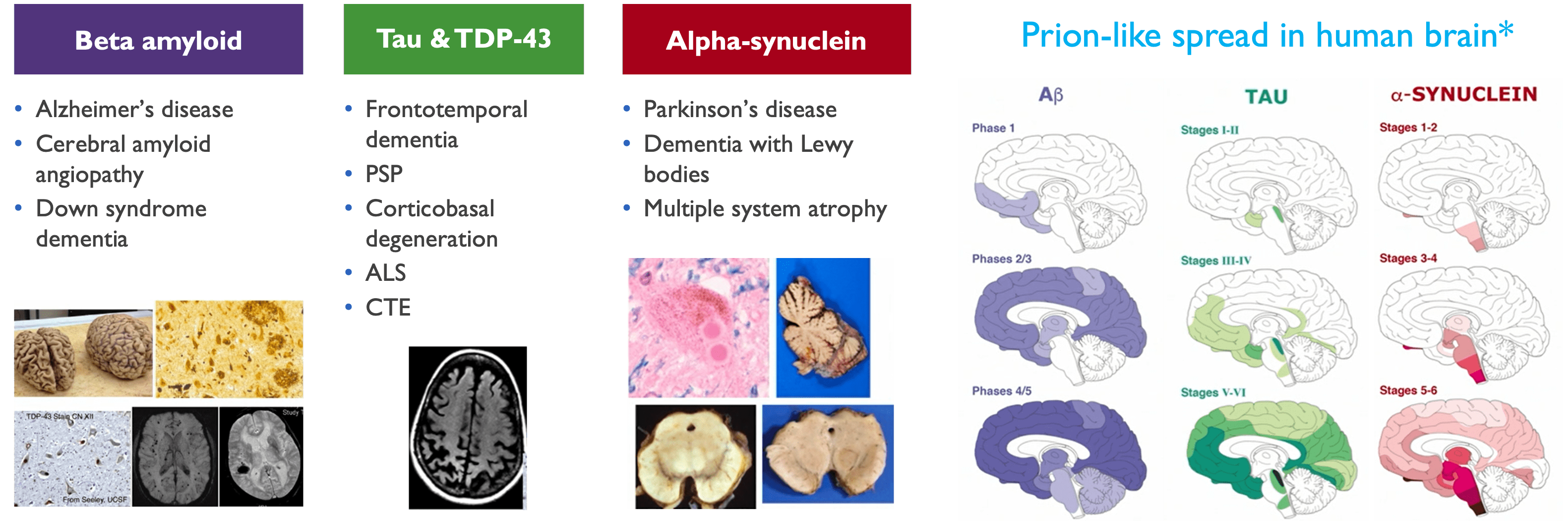Alzheon Pipeline
Our lead investigational product, valiltramiprosate/ALZ-801, is in Phase 3 for Alzheimer’s
Focused on Early Alzheimer’s disease
Targeted patient selection based on APOE4 genotype
Granted Fast Track Designation by FDA for development in Alzheimer’s disease
Valiltramiprosate is an improved prodrug of tramiprosate
Promising clinical signals in a subset of Alzheimer’s patients
Well tolerated, long-term safety evaluated in 2,000 patients at effective clinical dose
Our next generation candidate is ALZ-1903
New chemical entity
More potent inhibitor of amyloid misfolding
Discovery Platform
Rich and diverse compound libraries enabled by the novel mechanism of action
Designed to inhibit the misfolding of proteins associated with neurodegenerative diseases
Valiltramiprosate development starts with patients most likely to benefit from our compound
First indication: 2.3 million patients
– Early AD in APOE4/4 homozygotes
Expansion indications: 10.8 million patients
– Early AD in APOE4 carriers (5.3 M)
– Prevention of AD in APOE4/4 homozygotes (5.5 M)
- Well-tolerated oral tablet ideally suited to needs of Alzheimer’s families
- No burdensome IV infusion
- Limited MRI monitoring required in Phase 3 trials
- Strong value proposition of 18-month delay in disease progression
Source: DRG 2020 Report, assumes 98% diagnostic rate in APOE4/4 and 70% diagnostic rate in APOE3/4 in 2024
Misfolded proteins cause neurodegenerative disorders
Neurotoxic proteins behave like prions, build-up & damage brain cells

*Goedert (2017) Brain
Scientific insights pioneered by Alzheon & applied to tramiprosate development program
- Effective inhibition of brain toxins causing Alzheimer’s – addressed by valiltramiprosate1
- The Phase 3 dose of valiltramiprosate provides drug exposures that can robustly inhibit formation of soluble amyloid oligomers = neurotoxic form of beta amyloid
- Robust brain penetration & target engagement using an oral small molecule drug as basis of clinical benefits
- Valiltramiprosate does not activate microglia that breakdown aggregated amyloid plaque in blood vessels, minimizing the risk of vasogenic edema
- An active metabolite of valiltramiprosate is an endogenous molecule in human brain, that has robust anti-oligomer activity
- Oral tablet designed to slow or stop disease progression – addressed by valiltramiprosate 2
- A Phase 2 biomarker open-label study in APOE4 carriers with Early AD showed that valiltramiprosate significantly lowered plasma levels of p-tau, a core biomarker of AD pathology
- Data from the same study, suggested that valiltramiprosate may inhibit brain atrophy when compared to a well-matched non-treated group of APOE4 carriers
- Data from the same study, suggested that valiltramiprosate may stabilize cognitive ability over 2 years, when compared to a well-matched non-treated group of APOE4 carriers
- Accurate patient selection by application of precision medicine – addressed by valiltramiprosate 3
- Carrying the APOE4 genotype is a major risk factor for AD, with higher risk in those carrying 2 copies (APOE4/4 homozygotes)
- Genetic testing for the APOE4 genotype identified patients who are most likely to respond to valiltramiprosate – APOE4/4 homozygotes and APOE4 heterozygotes
- APOE4/4 genotype enhances accuracy of diagnosis – almost all have biomarker evidence of AD pathology
1 Alzheon publications: Hey (2018) CNS Drugs; Hey (2018) Clin Pharmacokinet; Kocis (2017) CNS Drugs
2 Alzheon publications: Hey, Abushakra et al. (2024) Drugs; Hey, Yu et al. (2024) Drugs; Tolar (2024) Int J Mol Sci; Tolar (2021) Int J Mol Sci; Tolar (2020) Alzheimers Res Ther; Hey (2018) Clin Pharmacokinet
3 Alzheon publications: Tolar (2019) Alzheimers Dement; Abushakra (2017) J PrevAlz Dis; Abushakra (2016) J PrevAlz Dis

